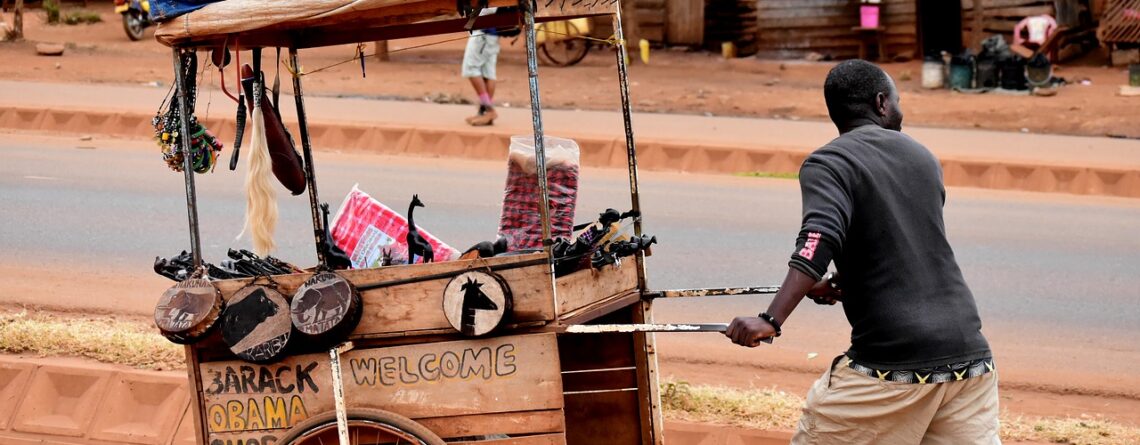Rwanda. Retirees’ body appeals for matching pension with cost of living
Pension should be matched with the cost of living to address situations such as when retirees’ welfare deteriorates due to increases in prices at the market, and franc depreciation, the president of Rwanda Pensioners’ Association, Dorothée Uwimana, told The New Times on April 1. She was referring to the fact that some retirees get as low as Rwf20,000 in pension benefits – with Rwf13,000 as the smallest pension – per month, which she said was too little to help a pensioner meet their basic needs given the rise in prices at the market. The law governing the organisation of pension schemes in Rwanda, which was enacted in 2015, provides that a public entity in charge of a pension scheme shall carry out an actuarial study for the pension scheme at least once every five years. An actuarial study is a type of evaluation of a pension fund’s assets versus liabilities to determine the funded status of a pension plan, risk management, and governance, for sustainability purposes. The law stipulates that based on the findings of the actuarial study, pension benefits may be increased; and where the actuarial study shows a possible negative impact on the economy, the number of contributions shall be increased based on legal provisions. On October 5, 2023 – as Rwanda Social Security Board (RSSB) held an event to celebrate 2023 Customer Service Week – RSSB CEO Regis Rugemanshuro pointed out that an actuarial study was completed early 2022, and appropriate implementation of its recommendations was being considered to ensure that it does not create economic disruptions. Until now, no decision has been – publicly – made by RSSB about whether pension will be increased or not. Uwimana said that a pension increase is urgently needed to help improve retirees’ welfare. “We have been requesting that a pension that retirees get correspond to current prices at the market so that a pensioner gets benefits that enable him/her to lead a decent life,” she said, adding that this is intended to ensure that a retiree gets means to afford basic needs such as food. She said the Rwandan franc’s value was strong when some retirees were still employees some time back, citing the 1990s, which made them have high purchasing power, but it declined as of now. “A kilogramme of meat was between Rwf200 and Rwf300 in the 1990s, but it is now between Rwf4,500 and Rwf5,000,” she said, pointing out that a kilogramme of potatoes was less than Rwf10, but now it sometimes reaches up to Rwf1,000. ALSO READ: Senators seek increased pension benefits amid rising cost of living During a press conference held on March 27, during which RSSB presented its inaugural environmental, social, and governance (ESG) criteria impact report – for the financial year 2022/2023, Rugemanshuro said that the social security fund was healthy, pointing out that its performance continued to improve financially. RSSB manages six social security schemes namely pension, occupational hazards, formal workers’ medical insurance (RAMA), community-based health insurance scheme (CBHI) commonly known as Mutuelle de Santé, maternity leave [benefits], and EjoHeza (long-term savings scheme). Pension is the biggest of all the schemes administered by RSSB. As of December 2023, Rugemanshuro said, RSSB’s net assets (for different schemes) increased to Rwf2.15 trillion, which is a 7 per cent increase compared to what it was at the end of the last fiscal year [at the end of June 2023]. He indicated that for the first six months of this fiscal year [from July to December 2023], RSSB’s net income reached Rwf153 billion, which is 6 per cent higher in comparison to what the performance was in the same period of the previous year. On the question of whether RSSB being a healthier fund now will result in more benefits to pensioners, Rugemanshuro said that a pension increase could be one of the recommendations of an actuarial study. “It is dependent on many factors, one of them being ensuring the sustainability of the fund for a long time, ensuring that yes we can fulfil today’s responsibilities to our members, without compromising the fund’s responsibilities to the future generation,” he said. “So, it’s not impossible, but it’s also not something we can confirm now,” he said. Pension fund growth Total assets of the public pension fund managed by RSSB assets increased by 13 per cent from more than Rwf1.36 trillion in December 2022 to more than Rwf1.53 trillion in December 2023, according to the Monetary Policy and Financial Stability Statement of March 2024, by the National Bank of Rwanda. This growth, it indicated, was driven by increased contributions and investment income. Contributions rose by 22 per cent in December 2023, from Rwf73.5 billion to Rwf90 billion. Additionally, the fund’s total investment income increased by 16 per cent from Rwf40.7 billion in December 2022 to Rwf47.1 billion in December 2023, the publication showed, pointing out that the growth was attributed to higher interest income from treasury bills, bonds, corporate papers, and bank deposits.
Read more @msn











